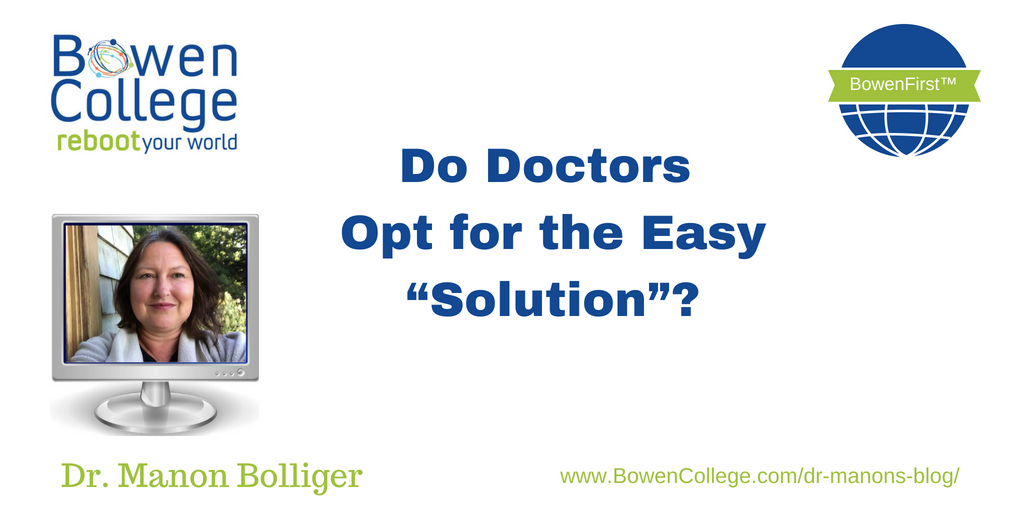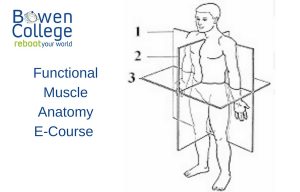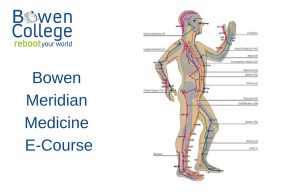What is the doctor’s role in the disillusion of patients suffering in pain? Does our failure to fully disclose the subtleties of dealing with pain, opting for the easy short term “solution,” play a destructive role?
Research in psychoneuroimmunology shows the importance of stress and its effects on the body. Pain research shows coping skills to be the most useful approach to diminishing the impact of stress; approaches that focus on “stress” play an important part in the health of patients.
Stress is a pervasive factor in many of our patients’ lives. Individuals with high stress levels and excellent coping skills may have minimal stress effects on immune system function. In contrast, low levels of stress experienced by individuals who have poor coping skills may significantly alter immune functioning, increasing disease susceptibility. The amount of stress is less important in its effect on the immune system than is an individual’s coping skills.
Can drugs then ever be subtle enough to account for such individual variations? Have we not come full circle with the understanding that the “coping” skills of the individual are paramount? If coping is the best way to alleviate the feedback loop of stress, then all our therapeutic efforts should be placed on understanding this mechanism. Have we ever looked at what increases people’s coping skills? Have we ever considered how proper diet, nutrition and exercise increase people’s ability to cope with stress? “Coping” is not just a mental activity. It is biological.
We need to look at all presenting symptoms, including the story behind the parable, as well as the chameleon-like nature of pain and stressors. We must be guided toward the Plan by a deep understanding of and reflection on the meaning of the symptoms experienced by the patient.









